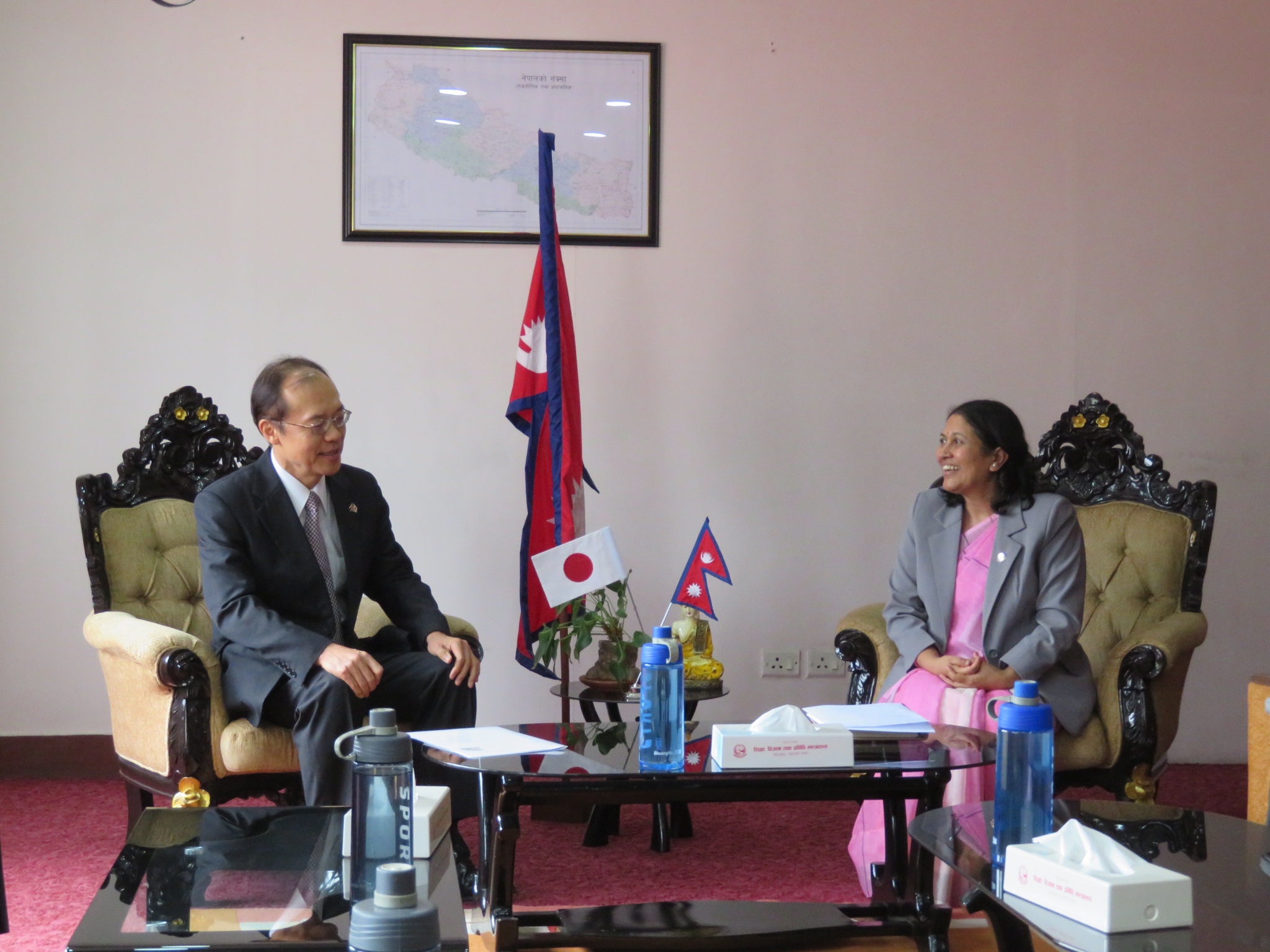
OR
Formation of House committees still uncertain
Published On: July 4, 2018 04:00 AM NPT By: Republica | @RepublicaNepal
KATHMANDU, July 4: The formation of the parliamentary committees is still uncertain as the ruling and opposition parties are wrangling over choosing the heads of these committees.
In the absence of the House committees, the parliamentary hearing of chief justice nominee Deepak Raj Joshee has been stalled for a month and various crucial bills are getting endorsed through the federal parliament without intense deliberations. The House committees, which are taken as mini parliaments, will function as watchdogs on various ministry's activities, deliberations on bills drafted by the ministries and hold debate on other contemporary issues.
The formation of the House committees was stuck for six months, even after the federal parliament started its work, due to the delay in the endorsement of the parliamentary regulations. But nearly a month has passed after the endorsement of the parliamentary regulations, still the ruling Nepal Communist Party (NCP) and main opposition Nepali Congress (NC) are at loggerheads over each other's quota for the chiefs of the parliamentary panels.
Of the total 16 committees in both the National Assembly and the House of Representatives (HoR), the main opposition NC has demanded at least one fourth House panel heads through consensus. But the ruling NCP is ready to allot only the Public Accounts Committee (PAC) to the main opposition.
“We are ready to allot the head of PAC to the opposition respecting the previous practice. If the NC demands more House committee heads, the issue should be discussed,” said NCP deputy parliamentary party leader Subas Nembang.
NCP leaders have maintained that heads of the other House committee should be chosen through majority votes in the committees. NCP will have at least 16 to 17 members in each parliamentary committee under the lower house, while NC will have just six to seven members. Two other national parties Rastriya Janata Party Nepal and Federal Socialist Forum Nepal together will have three members in each panel in the lower house. Given the strength of the ruling NCP in each House panel, the party can elect its members as chiefs in all committees in the lower and upper houses and also in the two joint house committees.
Demanding assurance for the party's 'proper' stake in the House committee, the NC has not submitted the list of its lawmakers to be appointed as members to the 16 various House committees despite repeated requests from the Speaker of the lower house and the chairman of the upper house. NC has argued that parliament should be the platform of the opposition and opposition must be allowed to lead some House committees as deserved by the party's strength. “We have called the parliamentary party meeting tomorrow (Wednesday). The meeting will discuss the party's further strategy, but our bottom line won't change,” said NC Whip Pushpa Bhusal.
Most of the political parties including NCP have submitted the wish-list of their lawmakers for various House committees to the Speaker of the lower house and chairman of the upper house. Other political parties including ruling FSFN and opposition RJPN and fringe political parties have also demanded that they be allowed to head at least one committee.
The new parliamentary regulations have provisioned Finance Committee, International Relations Committee, Industry, Commerce, Labor and Consumer Rights Committee, Law, Justice and Human Rights Committee, Agriculture, Cooperatives and Natural Resources Committee, Women and Social Committee, State Affairs and Good Governance Committee, Development and Technology Committee, Education and Health Committee and Public Accounts Committee under the House of Representatives.
Parliamentary Hearings Special Committee and Committee on Monitoring Principle Directives of State will be joint committees comprising members from both upper and lower houses. Likewise the National Assembly will have Sustainable Development and Good Governance, Statute Management, National Concern Committee and Delegated Management Committee.
You May Like This

Sky-blue is the colour of House of Representatives and red that of Upper House
KATHMANDU, Jan 3: The Legislature-Parliament Secretariat is using different colours of upholstery and carpet to refurbish the House of Representatives... Read More...

Experts at odds on need for upper house in govt formation
KATHMANDU, Dec 15: Although the constitution clearly stipulates that a new government needs to be formed within 30 days of the... Read More...

Town development committees redundant, scrap them: House panel
KATHMANDU, June 13: Parliament's Development Committee has asked government to scrap bodies of similar nature such as town development committees saying... Read More...











Just In
- Japanese envoy calls on Minister Bhattarai, discusses further enhancing exchange through education between Japan and Nepal
- Heavy rainfall likely in Bagmati and Sudurpaschim provinces
- Bangladesh protest leaders taken from hospital by police
- Challenges Confronting the New Coalition
- NRB introduces cautiously flexible measures to address ongoing slowdown in various economic sectors
- Forced Covid-19 cremations: is it too late for redemption?
- NRB to provide collateral-free loans to foreign employment seekers
- NEB to publish Grade 12 results next week







Leave A Comment